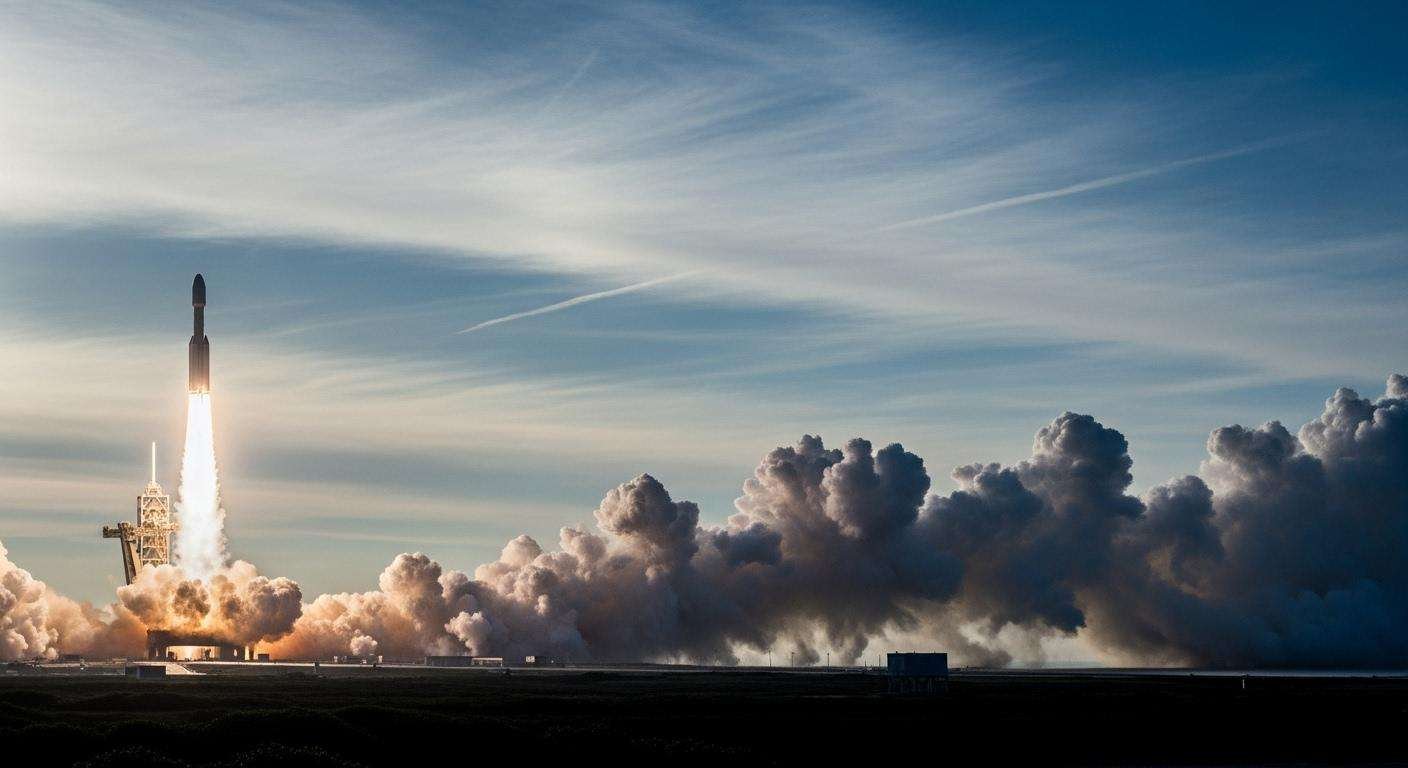 Introduction to Air Pollution from Space Launches
Introduction to Air Pollution from Space Launches
In a world where the stars are no longer the limit, the frequency of space launches is soaring to unprecedented heights. With technological advancements and a flourishing space economy, rockets are leaving Earth more often than ever before. This surge brings a need to address the environmental footprint of space activities, specifically the air pollution resulting from these launches. Scientists are raising concerns about current practices, highlighting the impacts on air quality and the planet’s health.
Environmental Impact of Rocket Emissions
As the soot particles absorb sunlight, they contribute to an additional warming effect, similar to the greenhouse gases you might associate with climate change. Over time, these emissions can lead to long-term environmental consequences, potentially undermining efforts to combat climate change and protect the ozone layer.
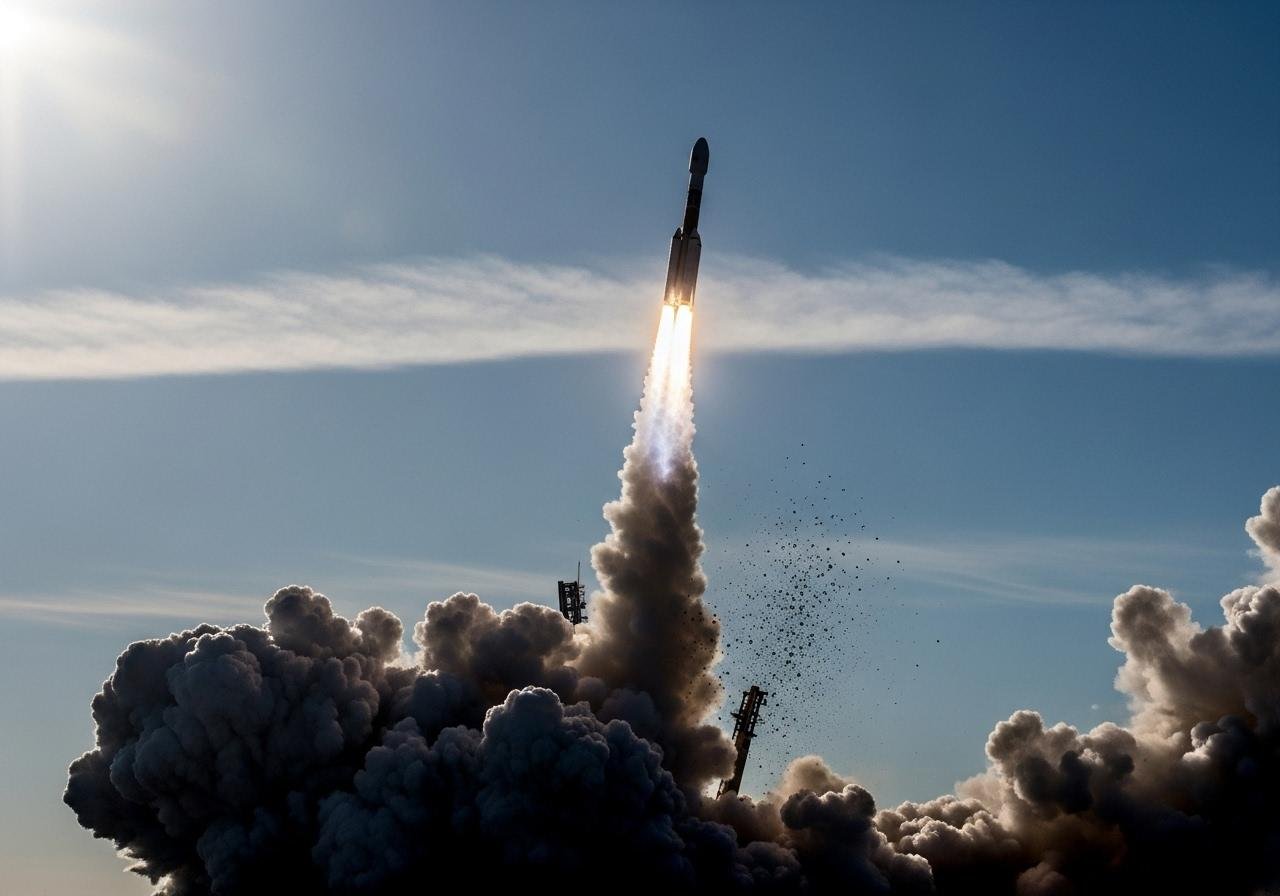
Health Implications of Space-Related Air Pollution
The pollutants released during space launches don’t just vanish into thin air; they affect air quality on Earth, posing health risks to human populations. Areas downwind from launch sites may experience increased levels of particulate matter in the air, which can aggravate respiratory issues and other health problems. Some studies suggest that communities near launch facilities may be exposed to pollutants at levels that could impact their well-being.
Regions such as Cape Canaveral in the U.S. or the Baikonur Cosmodrome in Kazakhstan could be more vulnerable to these effects due to the frequency of space launches occurring there. The potential health impacts underscore the necessity of addressing air pollution associated with space activities, similar to the role of local governments in waste management.
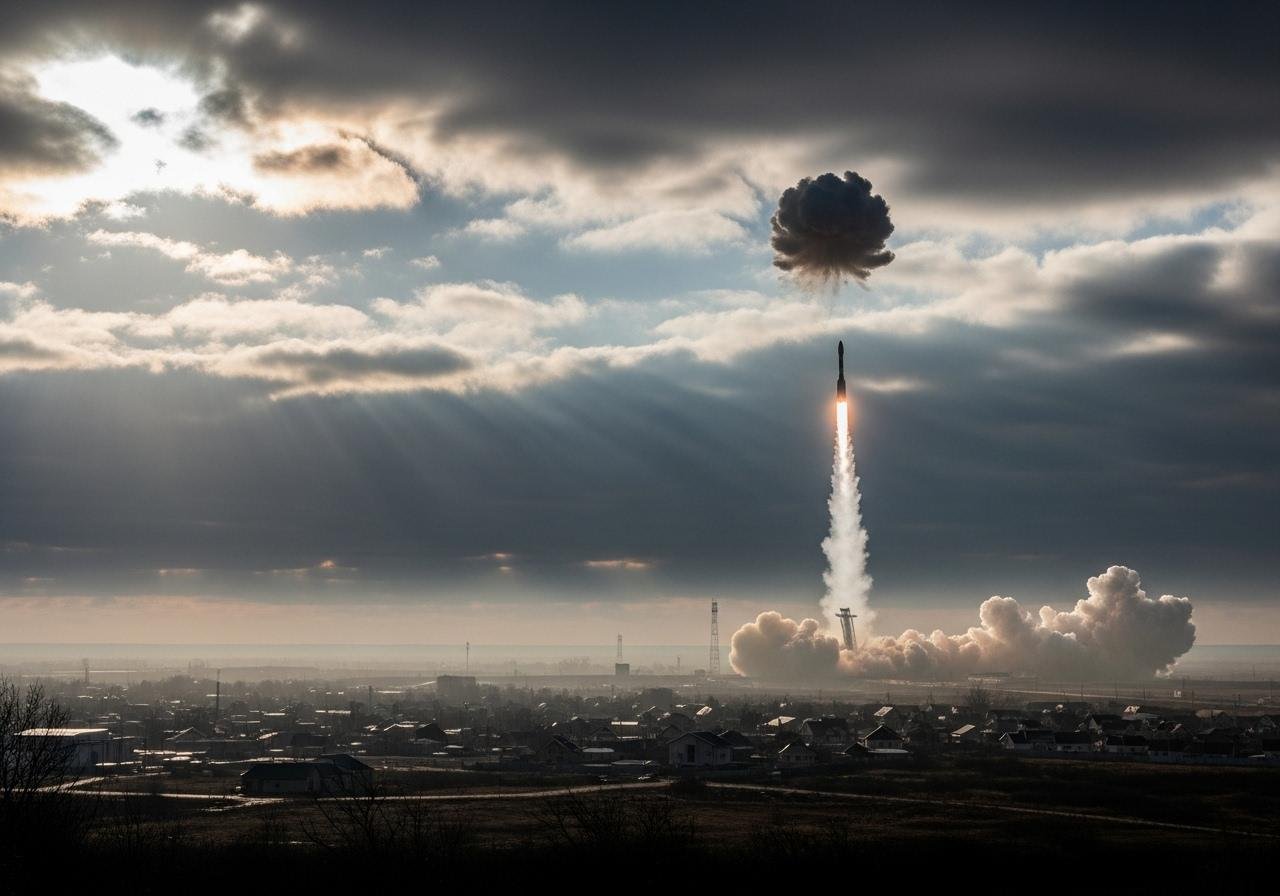
Current Regulatory Framework and Limitations
Currently, regulations governing space launches vary significantly by country. While some frameworks exist to address environmental impacts, they often fall short of comprehensively tackling air pollution from rocket emissions. Many regulatory measures focus primarily on safety without adequately addressing environmental and health concerns.
Scientists have identified several regulatory gaps that hinder effective oversight, including a lack of harmonized international policies. The challenge lies in balancing the growth of the space industry with the necessity of protecting our planet’s atmosphere and population health.
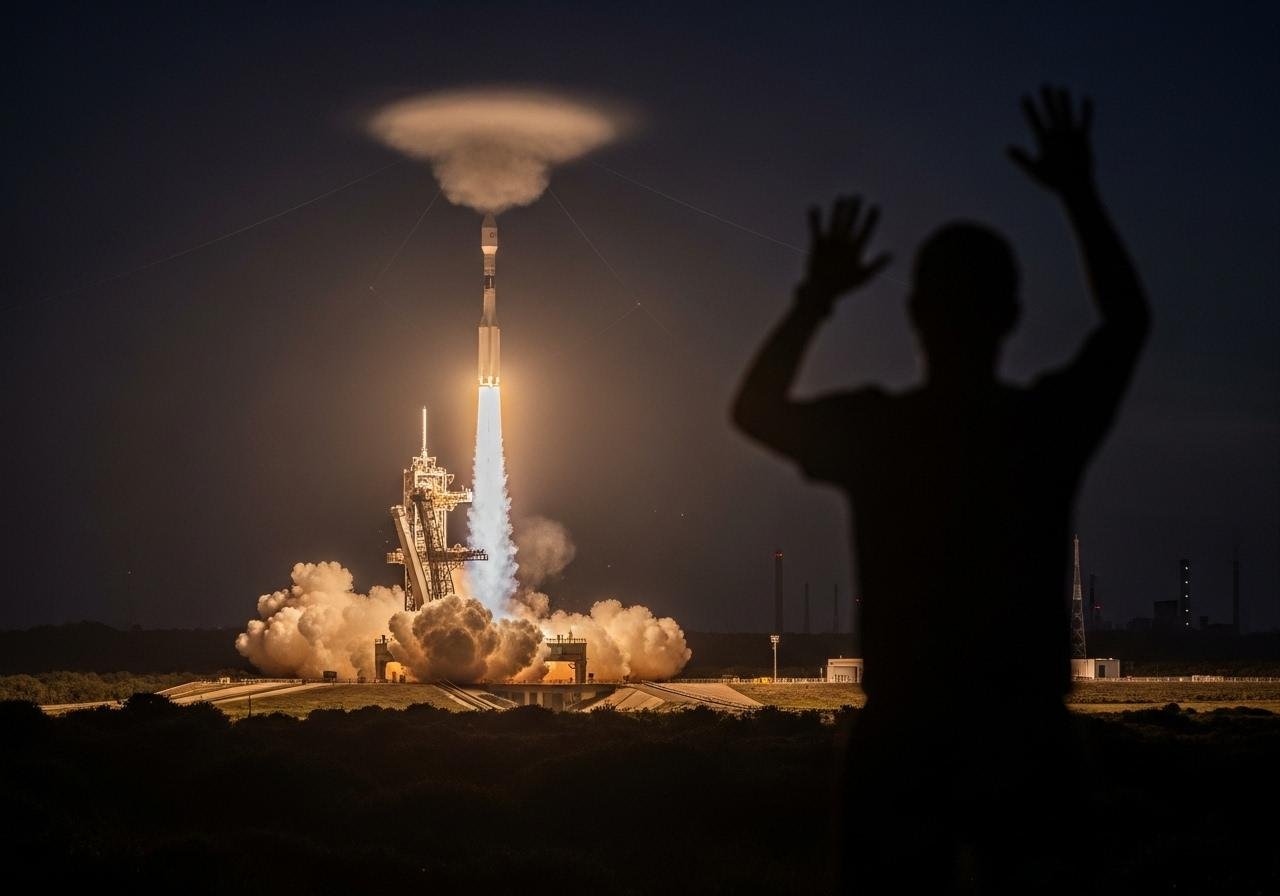
Technological Innovations to Mitigate Pollution
As awareness of the environmental impacts of space launches grows, technological innovations are emerging to reduce pollution. Clean propulsion technologies are being developed to minimize harmful emissions during launches. For example, companies are exploring the use of hydrogen as a sustainable fuel alternative, which produces water vapor as its primary emission.
Organizations like SpaceX are leading innovative efforts by designing reusable rockets, which can result in a significant reduction in emissions over time. Case studies of these technologies have shown promising results, proving that a balance between exploration and environmental stewardship is possible.
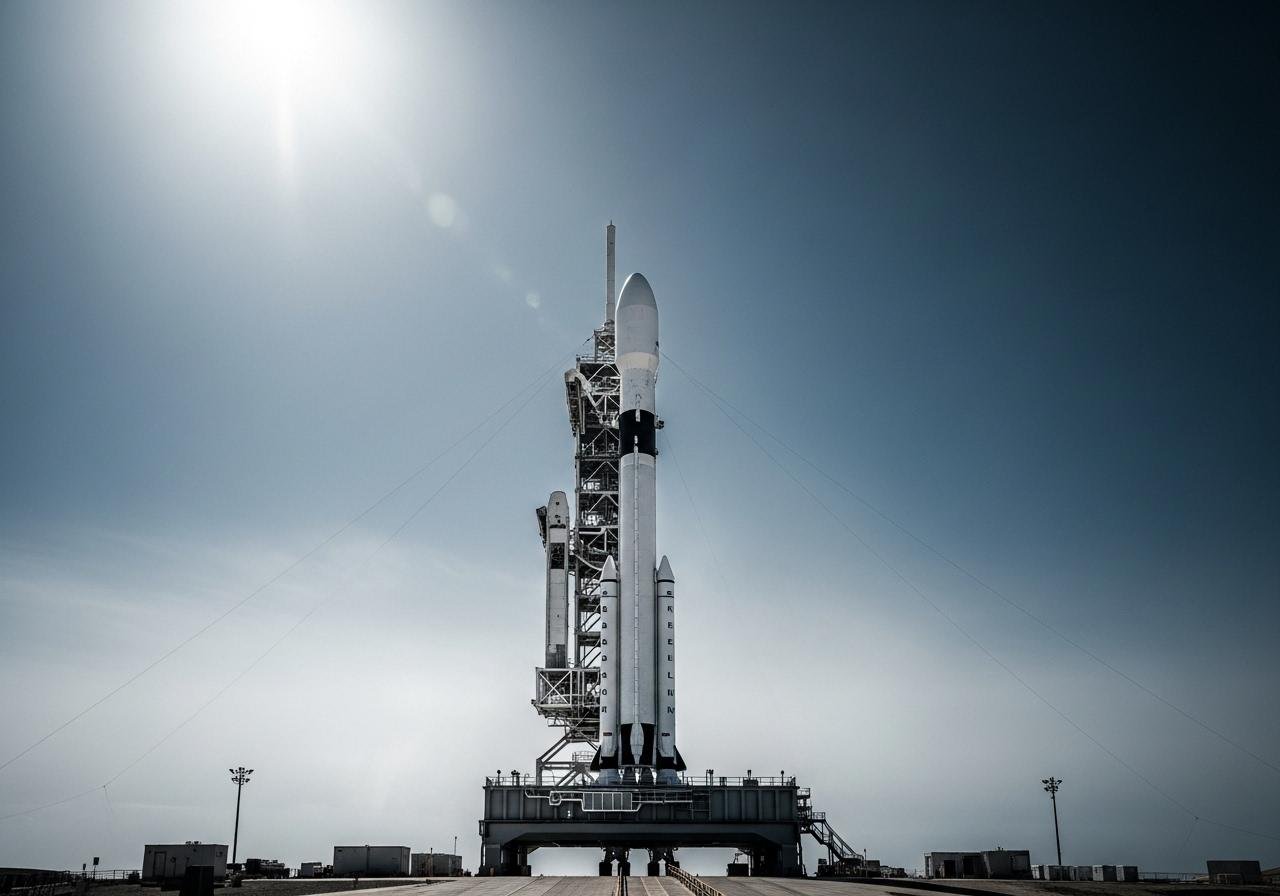
Global Collaboration and Policy Interventions
Addressing air pollution from space launches is not a task any one country can tackle alone. International cooperation is crucial, with bodies such as the United Nations playing a pivotal role in coordinating efforts. Such collaboration can lead to the development of a global strategy to mitigate the environmental impact of space activities.
Proposals for joint research and development initiatives could pave the way for cleaner technologies and stricter regulations. Success stories from other sectors, such as the Montreal Protocol’s reduction of ozone-depleting substances, highlight the potential of global cooperation in addressing this issue.
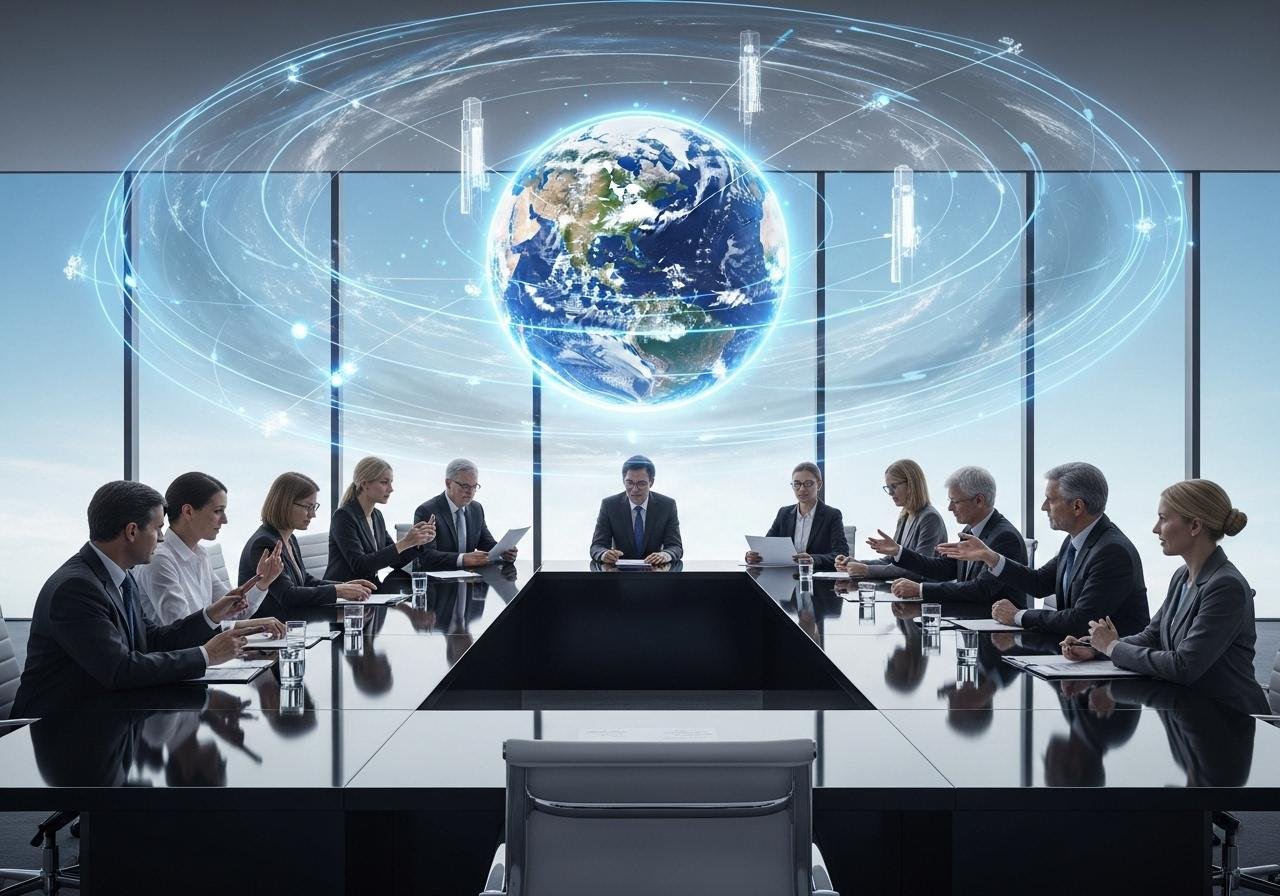
Public Awareness and Education
Raising public awareness about the environmental impacts of space activities is essential in building support for change. Informing communities and engaging them in discussions can foster a sense of responsibility and encourage participation in mitigation efforts.
The media has a vital role in shaping public opinion by reporting on the environmental costs of space exploration. Educational programs and public campaigns can further bridge the gap between scientific knowledge and societal understanding, empowering individuals to advocate for sustainable space practices.
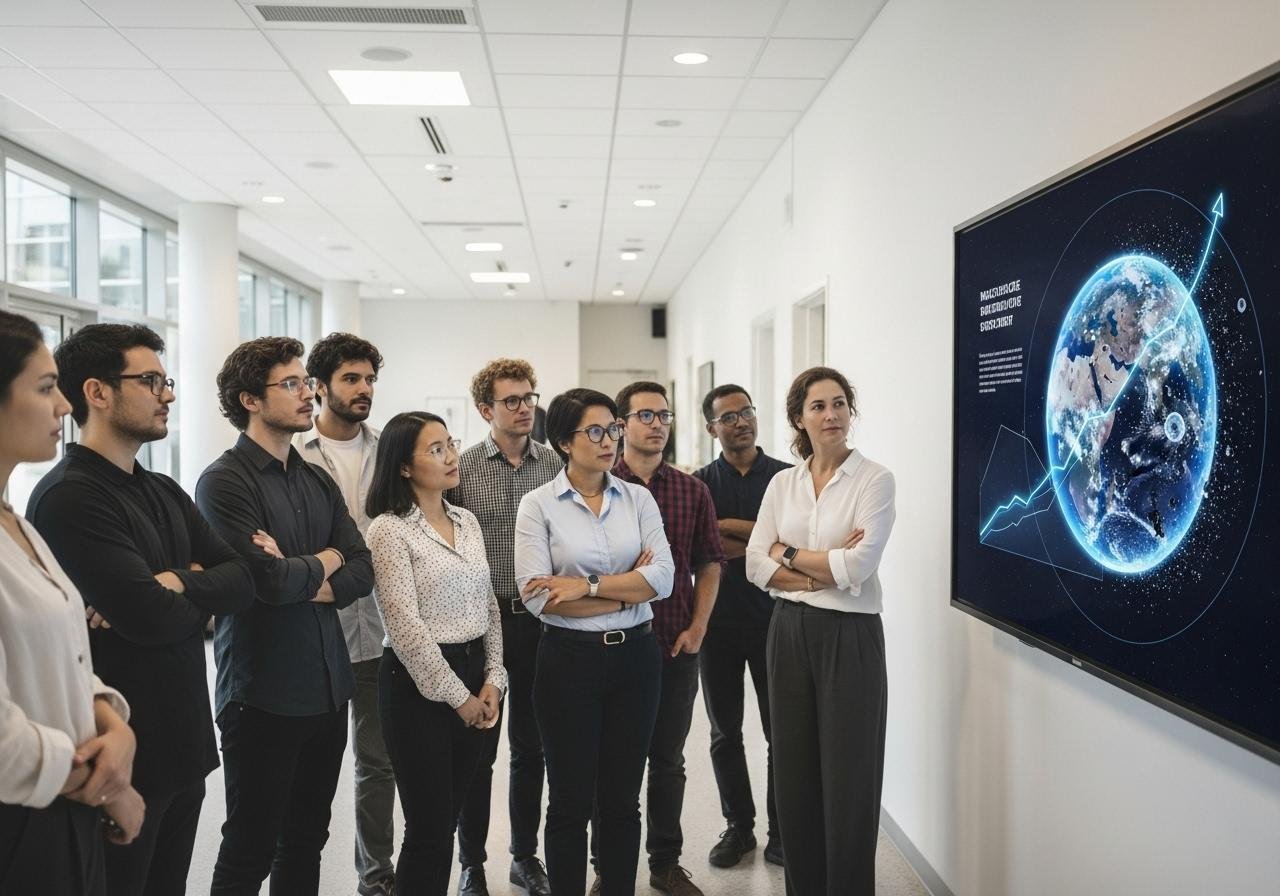
Future Directions and Call to Action
The growing concern over air pollution from space launches demands urgent action. As the frequency of space travel increases, so does the necessity of developing cleaner technologies and stricter regulations. Further research and innovation are crucial to finding solutions that allow us to explore beyond Earth while safeguarding our own planet.
Concrete steps must be taken by stakeholders, including governments, space agencies, and the private sector, to ensure a sustainable future for both space exploration and Earth’s environment. Working together, we can reduce the environmental impacts of reaching for the stars.
FAQs
What pollutants do rocket launches emit?
Rocket launches release pollutants such as carbon dioxide, water vapor, black carbon, and reactive nitrogen compounds, which impact the atmosphere and contribute to climate change.
How do rocket emissions affect the ozone layer?
Soot from rocket launches lingers in the stratosphere, absorbing sunlight and contributing to ozone layer depletion and atmospheric warming.
What are some sustainable alternatives for rocket fuels?
Sustainable alternatives include hydrogen-based fuels, which primarily emit water vapor, reducing the environmental impact compared to traditional rocket fuels.
Summary Box
-
- Space launches are increasing, raising environmental concerns.
- Rocket emissions contribute to ozone depletion and global warming.
- Pollutants can affect air quality and human health.
- Current regulations fall short in addressing these impacts.
- Technological innovations offer pathways to cleaner space travel.
- Global cooperation is essential for sustainable space exploration.
This article is for informational purposes only.
Reference: The Guardian
The post Scientists call for action to address air pollution from space launches appeared first on Green.org.














